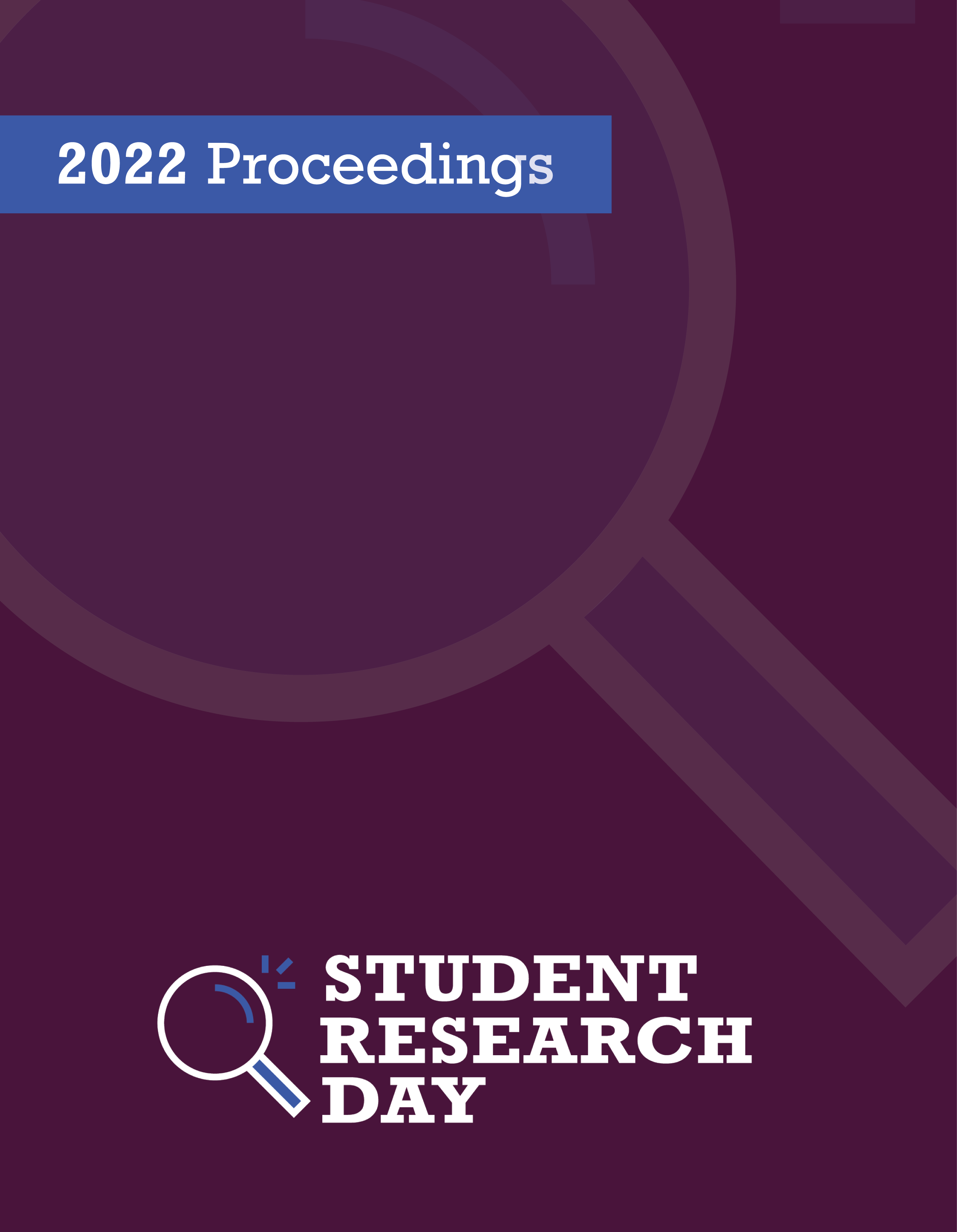Men are Bad, Women are Mad: The Influence of Race, Gender, & Crime Variables on Perceptions of Criminal Responsibility
Abstract
Past research has shown that the way people perceive a crime depends on a variety of extralegal factors, especially when determinations of Not Criminally Responsible on Account of Mental Disorder (NCRMD) are at stake. In particular, the Canadian criminal justice system has a demonstrated bias against people of colour in relation to guilty verdicts and punitiveness. Further, mental illness is often interpreted differentially in light of the gender of the perpetrator and their criminal history. As such, this study was designed to assess how participants interpret a case of homicide where the following variables have been manipulated: (1) perpetrator race (Indigenous, Black, Caucasian), (2) perpetrator gender (man or woman), (3) perpetrator-victim relationship (stranger v. known), and (4) criminal history (none, NCR, CR, NCR+CR). Participants will be presented with crime and trial summaries, and information pertaining to the defendant’s mental health (i.e., diagnosis of schizophrenia with ambiguous influence on the commission of the crime). They will also complete several measures of bias and a judgment questionnaire. Data analysis is currently underway. We anticipate that defendants of colour and men will be more likely to be deemed criminally responsible and sentenced more harshly, however previous NCR or CR determinations will sway prospective jurors’ views in the same direction as the information provided. Further, we predict that NCR designations will be more common when the victim is a stranger. This study has important implications for judicial bias and how extralegal factors continue to exert large influences on our judgments.
Department: Psychology
Faculty Mentor: Dr. Kristine Peace
References
Published
Issue
Section
License
Authors retain any and all existing copyright to works contributed to these proceedings.



